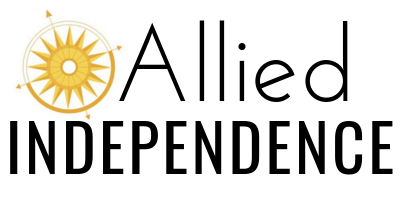My Students Skills Still Not Emerging!
If you aren’t seeing the amount of progress you want to see from your students, watch this Vlog to find out what you can do when your students’ skills are still not emerging.
When you've been working on the same skill for a while, it can feel frustrating when it takes a long time to emerge.
I completely understand that, {{ subscriber.first_name }}.
“Consider this: The LAST thing to grow on a fruit tree is the fruit.” -Jay Shetty, Instagram
When we, as professionals, decide what the students' next skill in their curriculum needs to be, we can feel excited. Elated, even. The entire team gets on board. The student may even be excited.
Somewhere between planting that seed and actual fruition of the skill blossoming comes a time when we can start to question if everything is still growing as it should.
What to do when your students' skills are STILL not emerging
Here are some ideas:
1. Remember that development is multi-causal. Meaning, that all developmental skills emerge ONLY when every piece of the puzzle is fully developed. We learned this from studies done in the 1970's on motor development. The same, I believe, goes for other types of development as well. Perhaps what you can do is be patient.
2. If it has been plenty of time, then perhaps the issue lies beneath the surface of the skill. (Again, it's multi-causal). Can you pinpoint exactly what foundational skill needs support? When we look at the Pyramid of Learning, it's usually an underlying issue. If we take a simple Constant Contact cane skill for example. If the student consistently does not demonstrate the correct arc, perhaps what they need is more proprioceptive input to understand that their wrist is not in front of their body. More verbal prompts aren't going to solve that underlying issue. Instead, their brain needs the neurons to get the information to it. You do that by forcing information to the wrist (by gently holding it, putting something on it to trigger the neurons, or using PNF technique). <-- Ask Dr. Rosen more about that.
3. None of that working? Then it's REALLY time to get all members of the team to follow through with all of your implementation strategies. While, yes, we should be doing this part ALWAYS. If the student really REALLY isn't getting it, then I would suspect that not everyone on the team is taking the situation as seriously as you. How can you let them know the immense benefits that this skill will have on their lives? Not just their loved ones' lives.. but their own?
4. "It's not you, it's me". The last bit of advice I have is the hardest to hear. If the student's skills still aren't emerging, it's not them. It's you. Maybe there is a new style of teaching that you can adopt for this student. A fun game perhaps? A new motivational technique? Maybe you are asking questions in a way that they can't adequately process them? Maybe you are too structured? Not structured enough? This one is hard to talk about in a mass email because there are SO MANY variables. But it's worth a look in the mirror for. Is it you and not them? Perhaps.
So tell me, what do you do when your students skills STILL aren't emerging? What other bits of advice do you have?
All the best,
Kassy




